What’s My Foot Arch Type? Low, Mid, and High Arches Explained
When it comes to your overall well-being, foot health plays a bigger role than you might think—and at the center of it all is arch support. It’s easy to overlook, but the type of arch you have—low, mid, or high—can impact everything from daily comfort to long-term mobility and posture. That’s why understanding your arches and giving them the proper support isn’t just smart—it’s essential. In this guide, we’ll break down the different arch types, remind you why proper support matters, and give you some easy tips on how to choose the best Remind insoles to match your specific needs. Yew! Let’s dive in.

Understanding Arch Types
Before diving in, it’s essential to simply understand the different arch types: low, mid, and high arches.
Low Arches (Flat Feet):
Low arches—commonly referred to as flat feet—basically just means the arch of your foot is closer to the ground (or basically just flat). People with low arches tend to overpronate, meaning their feet roll inward when walking or running. This can lead to a ton of issues like foot pain, shin splints, and even knee problems if not properly addressed.
Mid Arches (Neutral Arches):
Mid arches are the most common and are considered neutral. People with mid arches usually have a well-balanced foot structure that provides natural shock absorption and even weight distribution. However, they still require proper arch support to maintain foot health and prevent injuries.
High Arches:
High arches are—you guessed it!—the opposite of low arches (ha). But people with high arches tend to underpronate, which means their feet roll outward as opposed to inward. This can result in increased pressure on the heels and balls of the feet, leading to conditions like plantar fasciitis, stress fractures, and ankle instability.

The Role of Arch Support
Arch Support for Low Arches:
For those with low arches, proper arch support is vital to reducing overpronation and preventing the foot from rolling inward excessively. Shoe inserts or custom insoles designed specifically for low arches can provide the necessary lift and stabilization to correct foot alignment. This not only improves comfort but also helps in pain relief from common issues associated with flat feet, such as plantar fasciitis and shin splints.
Arch Support for Mid Arches:
While mid arches are generally considered neutral, they still require adequate arch support to maintain foot health. Over time, even those with mid arches can develop foot pain or discomfort if they wear shoes without proper support. The best insoles for mid arches offer balanced cushioning and stability, ensuring that the foot's natural structure is supported during all activities.
Arch Support for High Arches:
High arches require special attention because they lack the natural shock absorption that lower arches provide. Insoles for high arches are designed to fill the gap between the arch and the ground, offering additional cushioning to distribute pressure more evenly across the foot. This can prevent common high arch problems like heel pain, ball-of-foot pain, and stress fractures.

Choosing the Best Insoles for Your Arch Type
As mentioned, choosing the right insoles for your arch type is essential for optimizing foot health. Here’s what to look for when choosing insoles based on your specific needs:
1. Insoles for Low Arches:
When searching for insoles for low arches, look for options that provide firm arch support to lift the foot and prevent overpronation like our Destin insoles! These insoles should also offer cushioning to absorb shock and reduce pressure on the feet. Custom insoles are an excellent choice for those with flat feet, as they can be tailored to provide the exact level of support needed.
2. Insoles for Mid Arches:
For those with mid arches, your best bet would be insoles that provide moderate arch support that still enhances your foot's natural alignment without being too rigid. Our Cush and Medic insoles are absolute game changers for folks with mid-to-high arches and will work wonders for you! Again, you want to look for insoles that are versatile and can be used in a variety of shoes—look no further than the Cush and Medic.
3. Insoles for High Arches:
Insoles for folks with high arches should provide proper cushioning and arch support that fill the gap between the foot and the ground. Look for insoles with deep heel cups to cradle the foot and prevent excessive rolling outward. Again—similar to folks with mid arches, our Cush, Medic and even heat-moldable Remedy insoles are the cure! The added padding they provide in the ball of your foot can also help distribute pressure more evenly, reducing the risk of pain and injury. Boom! Problem solved.

Custom Insoles: The Ultimate Solution for Arch Support
While over-the-counter insoles can certainly provide some temporary benefits, custom insoles like Remind are the ultimate solution for those seeking tailored arch support. Simple as that. Custom insoles are specifically designed to match the unique contours of your feet, providing optimal support for your arch type. Whether you have low arches, mid arches, or high arches, Remind insoles—whether it's our Cush, Destin, Medic or Rem
Benefits of Custom Insoles:
- Precision Fit: Custom insoles like Remind are molded to the exact shape of your feet, ensuring that every part of your arch receives the right level of support.
- Targeted Support: Custom insoles address specific foot issues, such as overpronation or underpronation, providing targeted support where it's needed most.
- Enhanced Comfort: Custom insoles are designed to provide maximum comfort, with materials and cushioning tailored to your foot's needs.
- Long-Term Durability: Custom insoles are typically made from high-quality materials, ensuring they last longer and provide consistent support over time.
The Connection Between Arch Support and Pain Relief
Proper arch support is not just about comfort—it's also a critical factor in pain relief. Foot pain is often linked to poor arch support, which can lead to a variety of issues affecting the feet, knees, hips, and even the lower back. By choosing the right Remind insoles for your arch type, you can alleviate pain and prevent it from recurring in the first place.
Pain Relief for Low Arches:
Again, for individuals with low arches, insoles like our Destin with proper arch support can genuinely help reduce pain caused by overpronation. By lifting the arch and improving foot alignment, these insoles can alleviate stress on the feet and lower limbs, providing pain relief from conditions like plantar fasciitis and shin splints.
Pain Relief for Mid Arches:
Those with mid arches may experience foot pain if their arches are not properly supported. Insoles designed for mid arches provide the necessary cushioning and stability to prevent discomfort and keep the feet in optimal condition, especially during high-impact activities. In this case, look no further than our Cush and Medic insoles.
Pain Relief for High Arches:
High arches can cause significant pain due to the lack of natural shock absorption. Therefore, insoles for high arches like our Cush, Medic or Remedy
That was a lot to take in, I know—but here’s the bottom line: arch support plays a vital role in your foot health, and it’s something you definitely don’t want to ignore. Whether your arches are low, mid, or high, the right insoles can make a huge difference in your comfort, movement, and overall quality of life. So, what’s your next step? Start by identifying your arch type, then find the Remind Insoles that are designed to support it best. (Pro tip: if you haven’t taken our Insole Finder Quiz yet, now’s the time—your perfect sole-mate could just be a few clicks away!) From here on out, give your arches the support they deserve—you’ll feel the difference every step of the way.






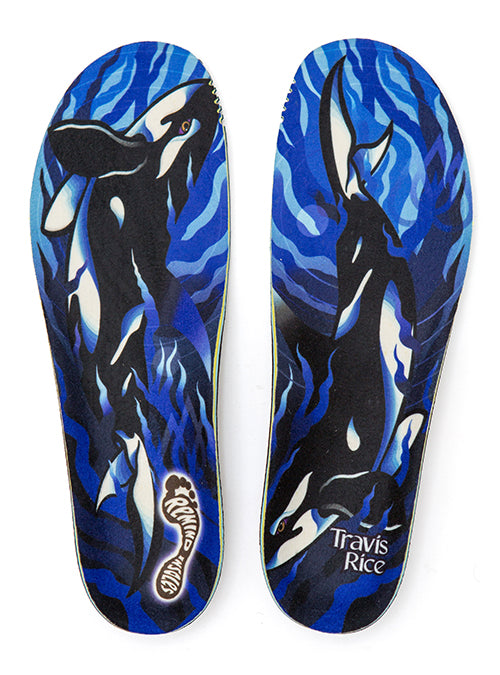
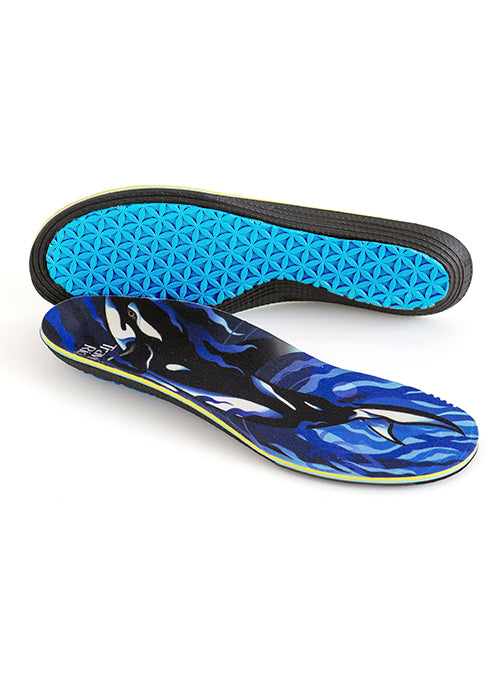
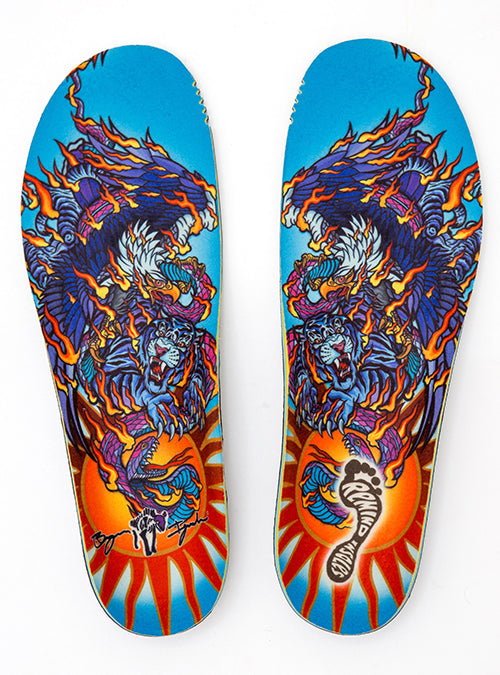
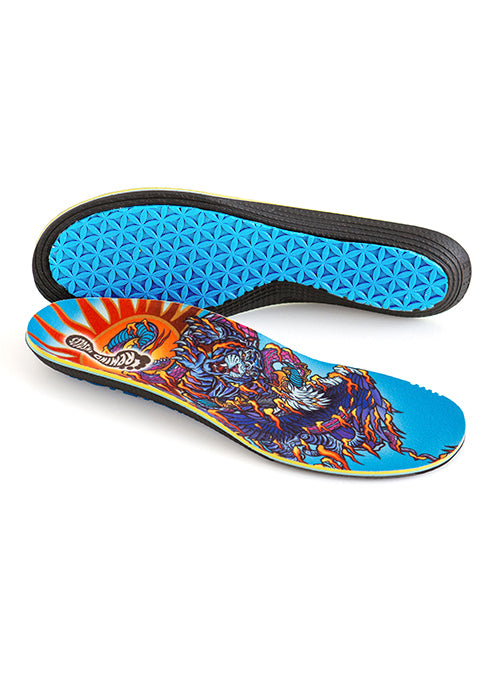
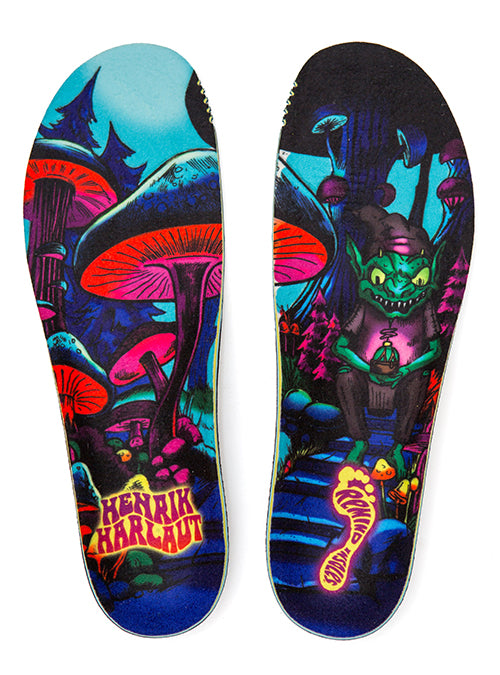
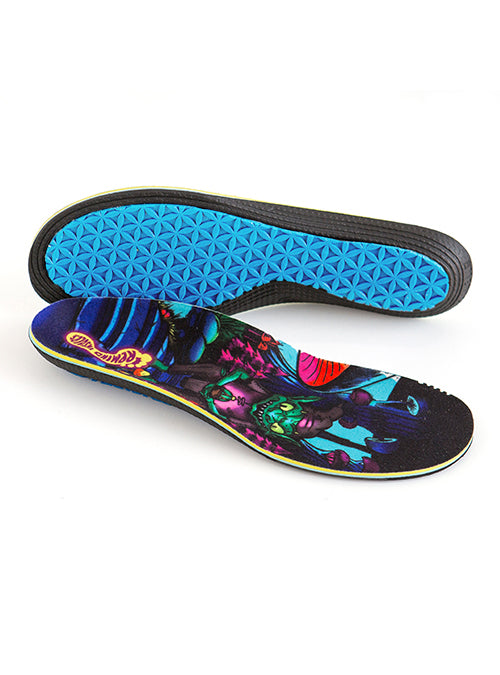

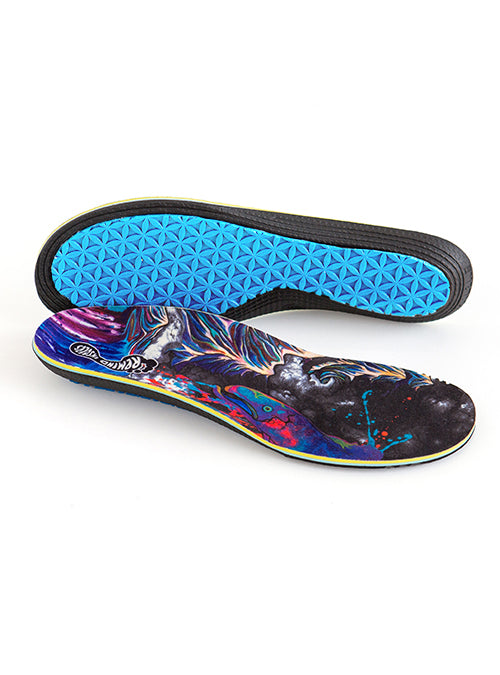





Leave a comment